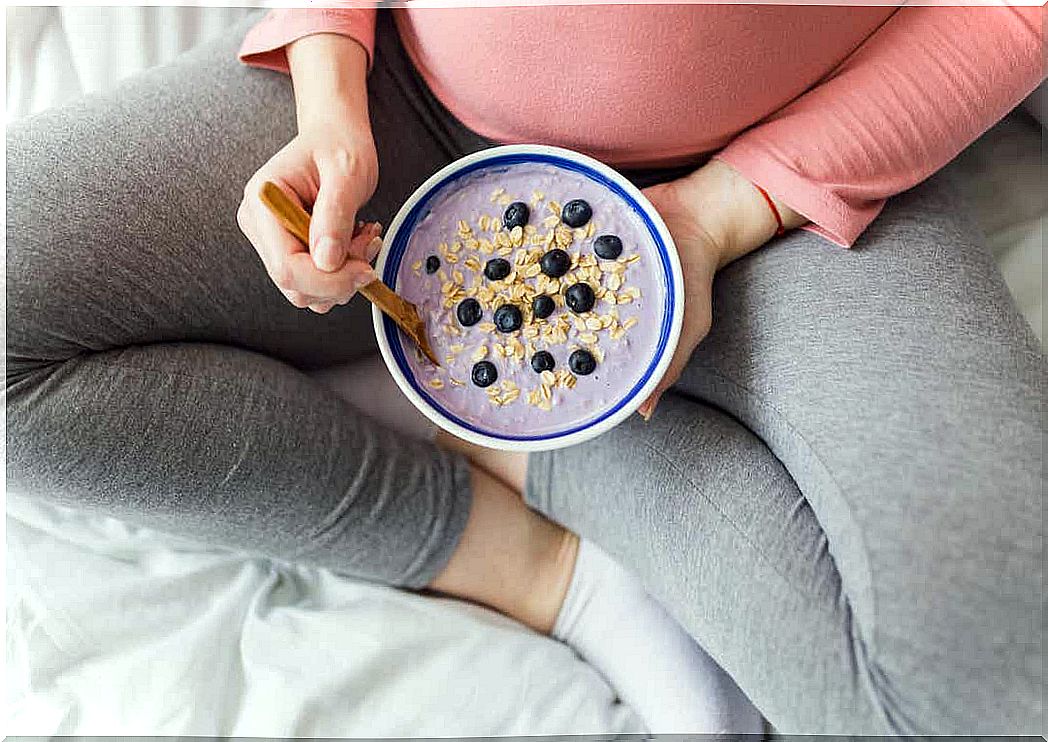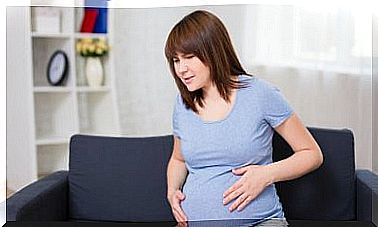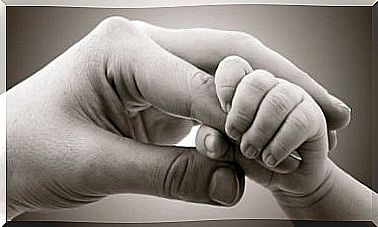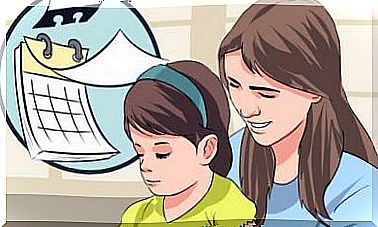Dieting During Pregnancy: Is It Safe?

About 45 percent of pregnant women are overweight, which carries an increased risk of complications. For this reason, you may have considered losing weight. However, dieting during pregnancy is not recommended. Do you want to know why? Dieting During Pregnancy, Is It Safe For You And Your Future Baby?
Ideally, you plan your pregnancy and go on a diet in advance. But this is not always possible. In addition, it is normal to gain weight when you are pregnant. This weight gain usually ranges between 11 and 16 pounds. But the most important thing is to control your weight gain to make sure it’s not too much. How can you achieve this? By following a proper diet, as you will see below. It’s a perfect time to take care of yourself!
Good nutrition during pregnancy
The nutritional needs increase during these nine months due to hormonal and metabolic changes as they allow your baby to develop properly. That is why it is essential to meet them.

Folic acid, iodine and iron stand out among the essential nutrients during pregnancy. Others, such as fiber and magnesium, reduce some symptoms. Hydration is also important, so drink water or make a soup or puree. And fruits such as watermelon, cantaloupe or pineapple.
If you want to stay healthy and avoid excess weight gain, base your diet on vegetables, especially green leafy vegetables. Think of legumes, fish, white meat and eggs. Nuts and seeds are a great addition, and don’t forget extra virgin olive oil for cooking!
Don’t forget to include citrus fruits and peppers in your main meals. Why? They facilitate the absorption of iron and help reduce fatigue.
And if you have any doubts, discuss them with a dietitian. She will even explain to you which foods are not recommended due to the risk of toxicosis. This includes large fatty fish and unpasteurized cheeses. Check out these ideal menus for the third trimester.
Dieting during pregnancy
While dieting as such is not recommended during pregnancy, there are certain exceptions that allow it as long as it is done under medical supervision.
With care and supervision
Since 2009, the Institute of Medicine (IOM) has recommended obese people gain 5-9 pounds. There’s nothing about losing weight. However, we have evidence of both the pros and cons of dieting during pregnancy. On the one hand, it reduces the risk of macrosomia (birth weight greater than 4-4.5 kilograms). It also helps to prevent caesarean sections.
On the other hand, the child can be born with a low birth weight in women with a body mass index higher than 40. This has been observed after ketone bodies are produced in the blood. These lead to ketoacidosis with fetal death. Therefore , the results are controversial and more research is needed. It is also important to only diet under the supervision of a professional. He or she will adjust your regimen to include all the nutrients you need. Plus, they’ll do follow-ups to make sure your weight loss is progressive.
Dieting during pregnancy: if in doubt, consult your dietician or gynaecologist
After talking to your doctor, follow his instructions. He will evaluate your situation and advise you on the right calorie restriction. What matters is that you continue to eat without deficiencies and ensure that it does not affect your daily life. Your doctor will even advise you on how to reduce fluid retention and fatigue.
If in doubt, call or request an appointment so that your counselor can help you further. Avoid making hasty decisions and don’t put yourself at risk. We recommend that you avoid so-called ‘miracle diets’, as they are nutrient deficient. You should also stay away from using infusions because of their adverse effects during pregnancy.
Improve your eating habits instead of dieting during pregnancy

Finally, remember the following:
Instead of following a diet, it is better to eat healthier. Start by reducing your intake of sugary products, as they contribute to weight gain. Do the same with fried and processed foods. Try to eat plenty of green leafy vegetables instead. Also try to add as little salt as possible to your meals and replace it with herbs. Finally, try to eat a varied diet and cook healthy.
In short, it’s about not gaining too much weight. In addition to a diet, you can exercise. Of course always under medical supervision by going to a personal trainer. There will be some moves that you cannot perform and your trainer will teach you how to do these exercises differently.









